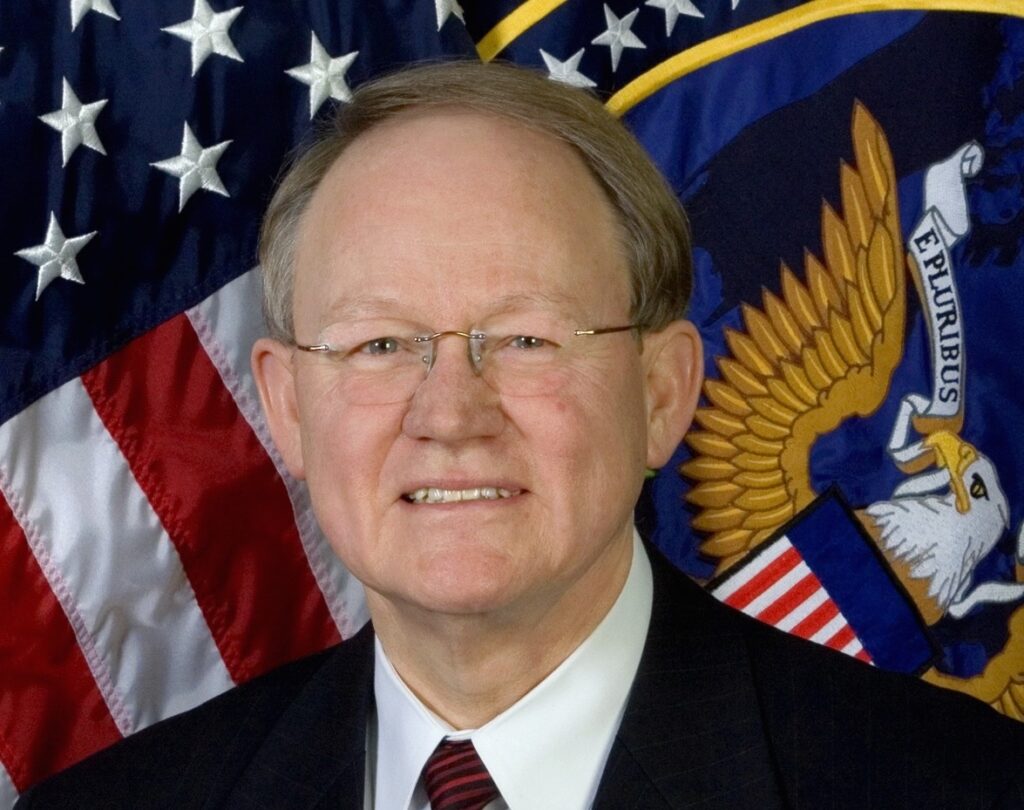Build A ‘Department Of Cyber:’ Former DNI McConnell
Posted on
PENTAGON CITY: Sen. Susan Collins has a bill about how to improve cyber sharing that should go to markup next week and she spoke about the challenges cyber poses to the government this morning at the Intelligence and National Security Alliance annual conference here. Three former directors of National Intelligence — John Negroponte, Mike McConnell and Dennis Blair — also spoke about those challenges before an audience of more than 700 people at INSA.
This all comes as the current DNI, James Clapper, told the Senate Armed Services Committee last week that cyber has now eclipsed terrorism as the top threat faced by the United States.
All the former DNIs agreed that the country has not yet figured out who should have what authorities to monitor and combat cyber attacks. But it was McConnell — the man who co-authored with former Defense Secretary Bob Gates the memo that changed the balance of power between the DNI and the Pentagon — who struck at the heart of the matter.
The Department of Homeland Security, he said, “has, more often than not, chosen to see the intelligence community as the enemy” in cyber issues. For years an internecine struggle has gone on between the National Security Agency (aka the Pentagon) and DHS over who will do what in the cyber realm. The White House and Congress have tried — both unsuccessfully — to clarify the lines of authority but both have failed. Today, the NSA almost completely dominates cyber resources, but DHS has the greater explicit authority to respond to threats.
McConnell pointed to the enormous future growth of the Internet and the need for rapid responses as reasons for the government to create what he called a “Department of Cyber.” Military officials have long described cyber as a domain, one that crosses national and policy boundaries without regard to existing authorities. McConnell clearly wants the US to create a single place where both capability and authority could be located. “We have to solve the turf wars,” the former DNI told the INSA audience.
As he noted, cyber attacks require immediate responses. Such attacks can be automated and set to operate almost independently, so responses must be fast. “I would argue it has to be a network feed,” to and from industry so that critical infrastructure can be protected, McConnell said.
The flip side of cyber — open source information — was the subject of an interesting question by one of the intelligence community’s most respected veterans, Charlie Allen, former undersecretary for intelligence and analysis at the Department of Homeland Security.
“How can we make it (open source) more central to our operations?” Allen asked the panel of former DNIs. “I don’t think, frankly, open source is the center of gravity, as it should be today.” Allen didn’t get a really good answer from the panel.
Subscribe to our newsletter
Promotions, new products and sales. Directly to your inbox.


